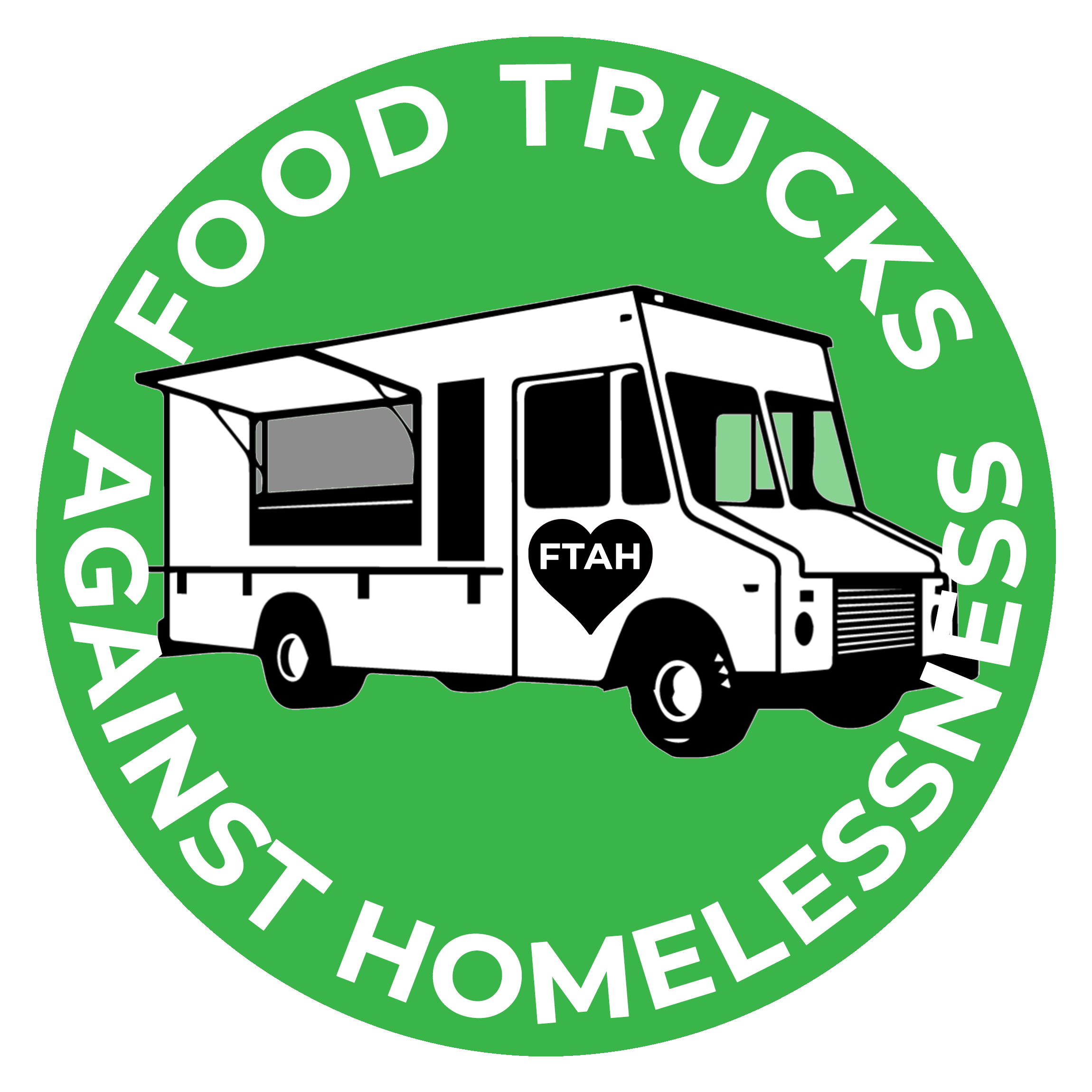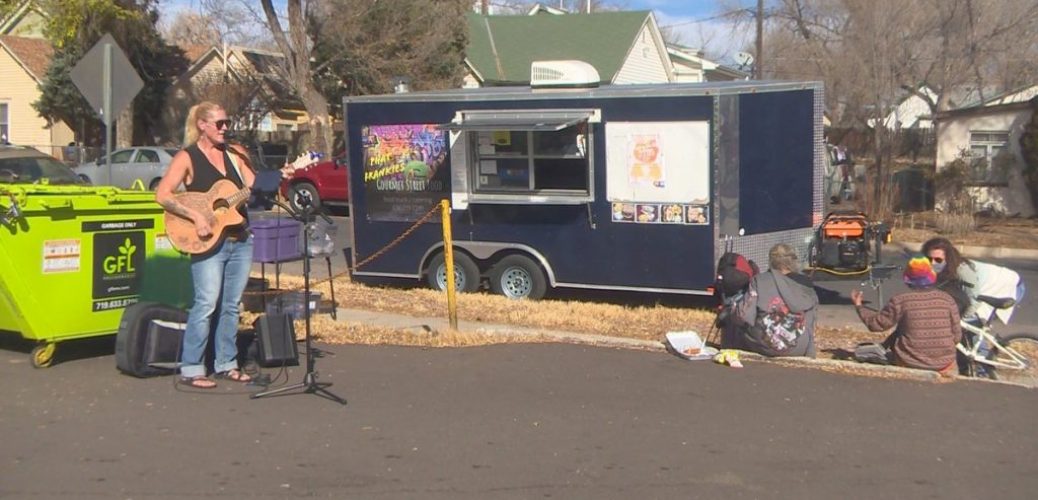“Food Trucks Against Homelessness” feeds those in need in Colorado Springs
Thank you to the KKTV 11 News for doing this piece on us.
Two Colorado Springs women are on a mission to make sure no one goes hungry. The answer: food trucks. Here’s how they are helping solve more than one problem in the community.
On Mondays, in the Westside Cares parking lot, local food trucks take turns serving free meals to those in need. It’s a break from all the stress for Tara and James Bailey.
“Being homeless is the toughest job I’ve ever had,” said James
“But the food trucks are awesome,” said Tara. “Give us hot meals.”
This week’s meals are from Phat Frankies.
“I love it. These people are so grateful and in so much need. And if we can do it, we’re going to do it. I’ve been there, so I know,” said Mike Hodges, Owner of Phat Frankies.
This is all part of an initiative called ‘Food Trucks Against Homelessness.’
“My wife and I have been there and have needed help. Sorry, I get teary-eyed. I just feel like, you know, we can give back now and that’s beautiful and we just have to come together as a community and help each other. That’s the most important thing,” said Organizer Tracey Porter.
Porter and her wife Marcy Langlois wanted to help the homeless, but also wanted to help out food trucks that lost business during the pandemic. So they put the two together.
“We try to reimburse each truck $200 to help with food and supplies. Most of the time it goes over that. So it’s just a little bit of help for them,” said Porter.
The owners of Phat Frankies say what’s most important is making a difference.
“If you talk to any of these people, they are all so grateful. And they tell their stories and it’s not what you would expect. It lifts us up and makes us feel like we’ve done something with purpose,” said Jane Anderson, Owner of Phat Frankies.
Each week, around 100 meals are served. Necessities like warm clothes are also given out.
Those experiencing homelessness say it’s a hand up not a hand out.
“We just need a boost,” said James.
“These people that come here are not people that are not interested in working, or finding housing, or any of those myths like that you hear,” said Langlois. “The people that come here have had circumstances that have caused them to end up in these situations.”

